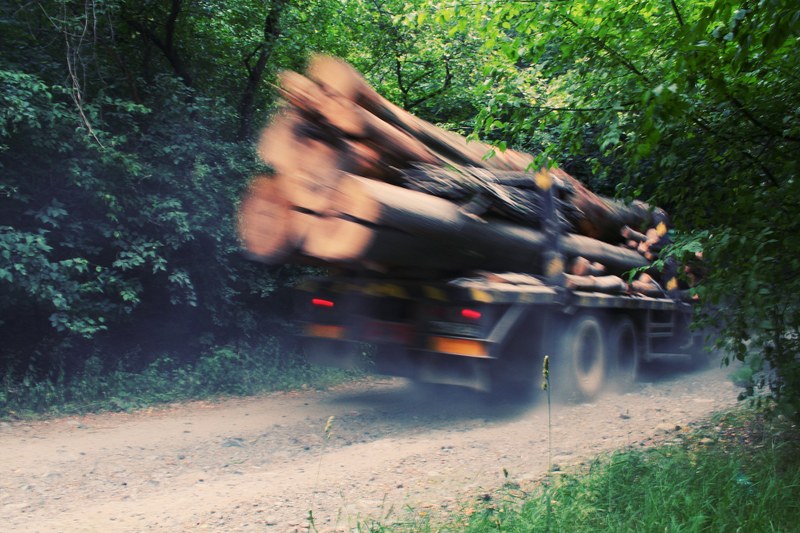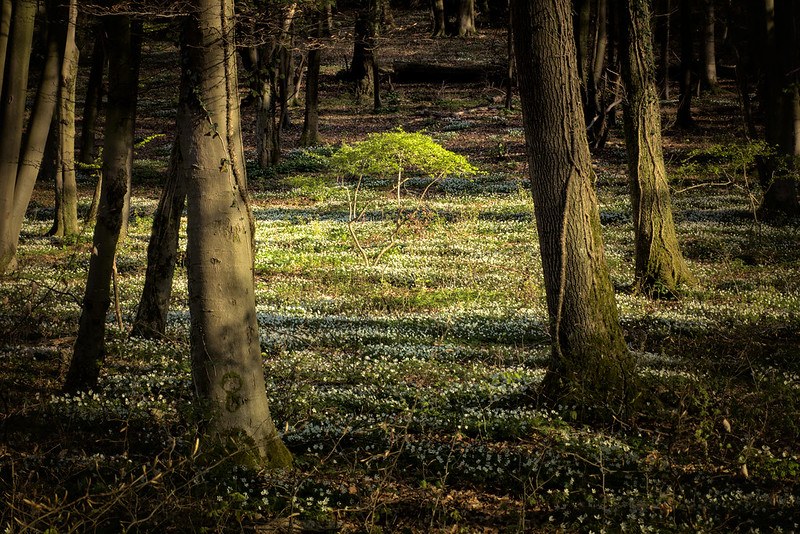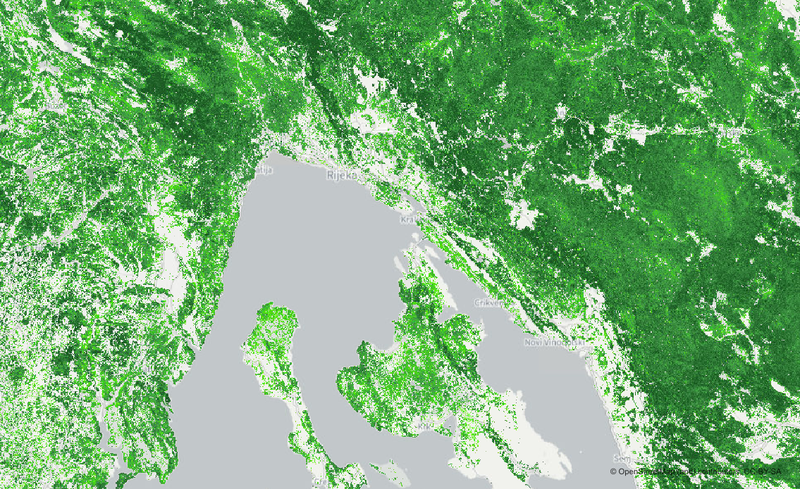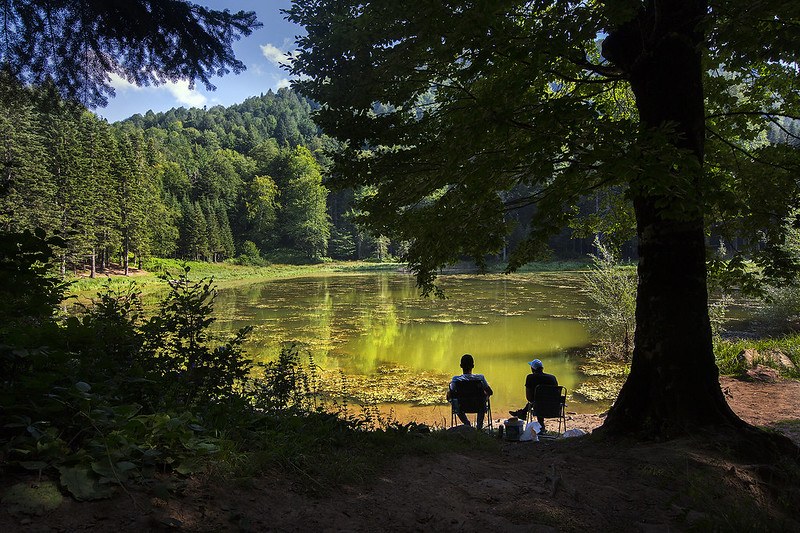All official European Union website addresses are in the europa.eu domain.
See all EU institutions and bodiesForests are responsible for a range of ecosystem services which are imperative for our health and well-being, as well as for the health of our planet.
Europe is among the most forested regions of the world – around 40% of its land area is covered by forests. Because of its extent and relatively extensive management compared to other land types, forests play an essential role in Europe’s nature, hosting most of the terrestrial species of animals, plants and fungi native to Europe.
Forests offer numerous benefits:
- Climate regulation: They act as carbon sinks, absorbing carbon dioxide from the air and helping to combat climate change.
- Water source: Forests provide clean water and aid in regulating water cycles.
- Renewable resources: They offer materials that can be sustainably used.
- Natural disaster mitigation: Forests decrease the risks of landslides and floods.
- Supporting agriculture: They contribute to maintaining conditions necessary for farming, enhancing food security.
- Environmental stability: Forests stabilize soil, prevent erosion, and moderate temperatures.
- Ecosystem services: They provide various services such as protection, recreation, and contribute to combating climate change.
- Economic contribution: Forests are vital for national economies and create employment opportunities.
In recent years, forests have undergone significant changes. They face various challenges that affect how they work and their ability to provide different benefits to nature and people. Although forests in Europe are getting healthier in some ways, many of them remain at risk due to issues like pollution in the air and water, loss of habitats and diverse wildlife, and the growth of cities into forested areas.
With ever-increasing demands for biomass, forests are projected to come under further ecological strain, necessitating a holistic policy framework and robust governance.
Biomass and forests
Biomass is a renewable resource, but it is not infinite. Its supply depends on natural growth rates.
In the case of forests in particular, biomass regrowth requires several years and is not guaranteed, especially under a changing climate.
This means that it is critical to harvest it at a sustainable rate that allows for regeneration.
Biomass harvesting should not exceed the natural growth rate needed to maintain biodiversity and ecosystem structure,functioning and productivity.


Forests help us fight climate change
Forests play an important role both in climate change mitigation and in climate change adaptation. Europe's forests are an essential carbon sink, capturing emissions. EU forests currently absorb around 10% of the total EU emissions.
At the same time, forests have an innate ability to regenerate and adapt to damages, disturbances and weather impacts — this ability makes them a great ally in facing the damaging effects of climate change.
Healthy forests, ready for climate change impacts?
Forest ecosystems play a vital role in supporting biodiversity and provide many benefits to our own well-being, helping to provide clean air and water, regulating weather extremes as well as providing recreation. However, forests are trying to cope with dramatic changes over past decades which have left them more vulnerable to disease, pests and biodiversity loss.
The EEA two briefings: ‘European forest ecosystems: key allies in sustainable development‘ and ‘How are European forest ecosystems doing?’ give the latest state and trends on how European forests are doing. They also provide an explanation of EU efforts to improve forest ecosystem resilience.


How can Copernicus help?
The European Union has passed a number of ambitious and binding policies such as the Biodiversity Strategy, the Forest Strategy, the LULUCF Regulation, and the EU Timber Regulation, all of which aim to halt deforestation and promote protection and restoration of European forests. Each of these regulations include strict and specific targets, and as a result, the need for accurate and large-scale forest monitoring is higher than ever.
The Copernicus Land Monitoring Service offers several different products that contain information on forests and tree cover. Tree Cover Density (TCD) provides information on the percentage of tree cover in a given area. Dominant Leaf Type (DLT) is produced in parallel with Tree Cover Density and allows users to identify and track changes in the dominant leaf type of all European tree cover. The Forest Type product is derived from the TCD and DLT products and together, these represent some of the best publicly available data on tree cover monitoring data in the world.
A walk in the woods
Forests support human well-being by providing space for rest, relaxation and exercise. The health benefits of green spaces are well recognised for children, whose physical and mental development is enhanced by living, playing and learning in green environments.
The elderly also benefit significantly from visiting green and blue spaces, through improved physical health and social well-being, while nature-based education and play can help children develop their motor skills.
In contrast, studies suggest that young people and children with relatively low exposure to green space are more likely to have poorer eyesight, suffer from obesity and be exposed to oxidative stress.

